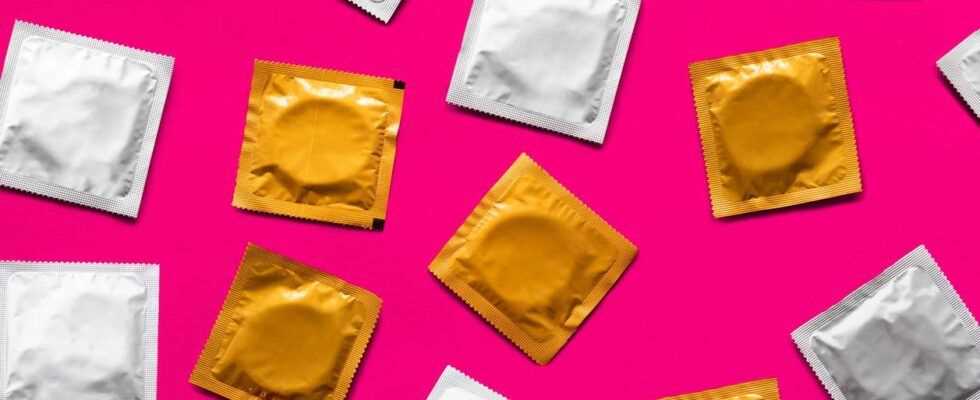STIs are very easily transmitted. To find out whether or not you have an STI, it is important to get tested.
Sex is cool, but STIs a lot less. You can have an STI without realizing it. Getting tested is the best way to get treatment quickly and efficiently, and to avoid spreading the virus to other people.
Why screen for STIs?
STI testing allows you to find out whether or not you have HIV / AIDS, chlamydia or someone else Sexually Transmitted Infections (STIs). You may have HIV or another STI and not feel sick or have symptoms. Knowledge is important because it allows you to start treatment quickly, if necessary, to treat yourself and not to contaminate other people. The faster you detect an STI, the faster you can eradicate it, or get treatments to live better with it. There are circumstances in which the STI and HIV testing is recommended:
- If you have several partners;
- You have a stable relationship with the same person and you no longer want to protect yourself. Both people must perform the test;
- In case of risk taking after unprotected intercourse;
- If you are considering pregnancy.
How often to get tested?
- If you have several sexual partners during the year, it is recommended that you be tested every three months (HIV and other STIs).
- Otherwise, screening is advised at least once a year and whenever you are in doubt.
- Screening is necessary when symptoms appear, or when one of your partners has an STI.
The French National Authority for Health (HAS) recommends increasing the frequency of screening in the populations most exposed to HIV:
- Every three months in homosexual or bisexual men;
- Every year with injecting drug users;
- Every year among people from sub-Saharan Africa and the Caribbean.
Health officials also recommend that everyone be tested for HIV infection at least once in their lifetime, between the ages of 15 and 70.
STI: how to get tested?
It exists 3 types screening. Be vigilant because there is a necessary waiting period between taking the risk and the screening test to have a 100% reliable result: this is called "latency" or "incubation" time. These times vary depending on the type of screening you do.
- The classic screening test
It is a test carried out by a blood test. It is generally done 6 weeks after the last risk taking.
- The rapid diagnostic test (TROD)
This is a test carried out with a drop of blood, with a result in a few minutes. In the event of a positive result, it is compulsory to confirm it by a standard test. You can do it as early as 3 months after taking the risk.
This is a TROD sold in pharmacies that you can make yourself from a drop of blood. In the event of a positive result, it is also compulsory to confirm it by a standard blood test. It is done 3 months after the last risk taking.
Where to get tested?
- in one medical analysis laboratory with a prescription from your doctor (or without, but this will not be covered by the security);
- in one free screening center, a "Cegidd" ;
- with certain associations like AIDES by making a TROD (rapid test), guaranteed result in less than 30 minutes;
- by making a self test. You can buy them in pharmacies and on the internet or get them for free from AIDES or another association.
AIDES is the first association fighting against HIV in Europe. You will find on the site a detailed map allowing you to find all their screening actions everywhere in France. The association plays a major role in improving the consideration of patients in the health system. HIV testing is more important than ever, and early detection in particular. People who test positive for HIV will get treatment very quickly to stop the virus from spreading.
This prevention and screening work requires a lot of resources. This is why it is important to support associations by making a donation (this donation gives the right to a tax deduction of 66% of the amount of your donation). 40 euros donation represents 200 prevention kits distributed, that is to say condoms and gel. 80 euros is six self-test tests sent. 160 euros can help two people to be screened and, above all, accompanied. To make a donation, you can go here. You can also do this by offering 10 euros per sms. Send FETELAMOUR to 92 612.
#Fetelamour is the first cultural e-event organized by AIDES for the benefit of the fight against HIV. This meeting aims to free up the word on the subject and to celebrate love by raising funds for the fight against HIV.
To attend the event and support AIDES, go to the site.
